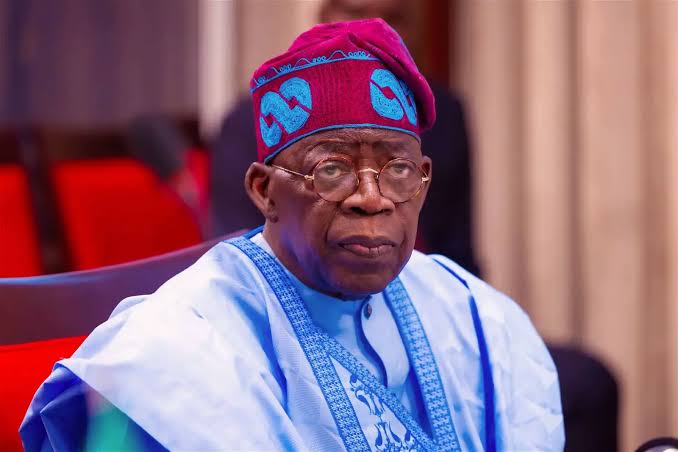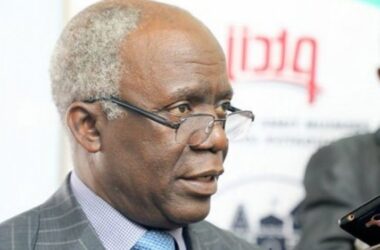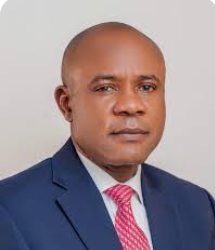Nigeria’s public debt is set to climb above N180 trillion following a recent request by President Bola Tinubu to the National Assembly for new loans worth over N34 trillion. In letters addressed to both chambers of the legislature, the President sought approval for a new borrowing plan aimed at boosting national development and settling outstanding pension liabilities.
The total request includes over $21.5 billion in external loans, amounting to approximately N33.39 trillion based on the current official exchange rate of N1,590 per dollar. In addition, the President is seeking to issue domestic bonds totaling N757.9 billion to clear backlogs in the Contributory Pension Scheme (CPS).
While presenting the letters, Senate President Godswill Akpabio and House Speaker Tajudeen Abbas read out the President’s message, in which he noted that the 2025–2026 borrowing plan would cover crucial sectors like infrastructure, education, agriculture, healthcare, and security. Tinubu stressed the importance of these loans in addressing the country’s growing infrastructure gap and tackling unemployment.
“In light of the significant infrastructure deficit in the country and paucity of financial resources needed to address this gap, amid declining domestic demand, it has become essential to pursue prudent economic borrowing to close the financial shortfall,” Tinubu stated.
He further explained that the funds would be directed toward nationwide projects, with the goal of creating jobs, enhancing food security, and improving living conditions across the country. According to Tinubu, the proposed loans also include €2.19 billion and 15 billion Japanese Yen, as well as a grant of €65 million.
On the pension liabilities, Tinubu noted that government revenue challenges had hindered compliance with the Pension Reform Act of 2014, leading to the accumulation of unpaid pension entitlements. He stated that issuing bonds would allow the government to meet its obligations and improve the welfare of retirees.
“The Senate, House of Representatives are invited to note that the Federal Government has not been compliant with the implementation of the above provisions of the PRA 2014 over the years due to revenue challenges leading to the accumulation of pension arrears with the attendant suffering of retirees,” Tinubu noted.
The President said the Federal Executive Council had approved the bond issuance in February 2025. He assured lawmakers that this step would help restore confidence in the pension system, support retirees, and strengthen the economy by injecting much-needed liquidity.
In response, both chambers referred the President’s requests to relevant committees for further scrutiny. The Senate handed the matter to the committee on local debts, while the House assigned it to its national planning, economic development, and pensions committees.
Nigeria’s rising debt levels have drawn concern from economists and financial analysts. Total public debt jumped by 48.6% from N97.34 trillion in 2023 to N144.66 trillion in 2024. Of this, the Federal Government is responsible for about N137.28 trillion. The new borrowing request, combined with previous domestic loans taken in 2025, would push the total debt past N180 trillion.
Debt servicing also remains a major issue. In the first two months of 2025, the government spent N1.399 trillion on debt service—25% more than the N1.117 trillion spent during the same period in 2024. This led to a worrying debt service-to-revenue ratio of 131%, up from 118% a year earlier.









